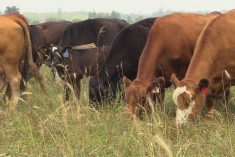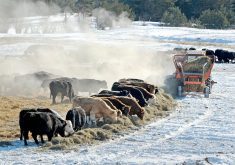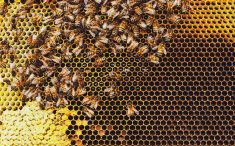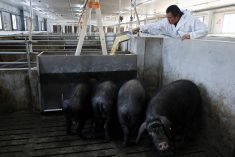Federal Agriculture Minister Gerry Ritz has refuted a Toronto media report Thursday that XL Foods’ beleaguered Lakeside beef packing plant has resumed "partial operations."
"This is false — the XL plant will not be allowed to reopen until the Canadian Food Inspection Agency has confirmed that it is safe," Ritz said in a statement Thursday.
CFIA revoked the Lakeside plant’s federal operating license last week in the wake of an ongoing recall of hundreds of beef products sold in both Canada and the U.S., following discoveries of beef contaminated with a toxic type of E. coli bacteria, O157:H7.
Read Also
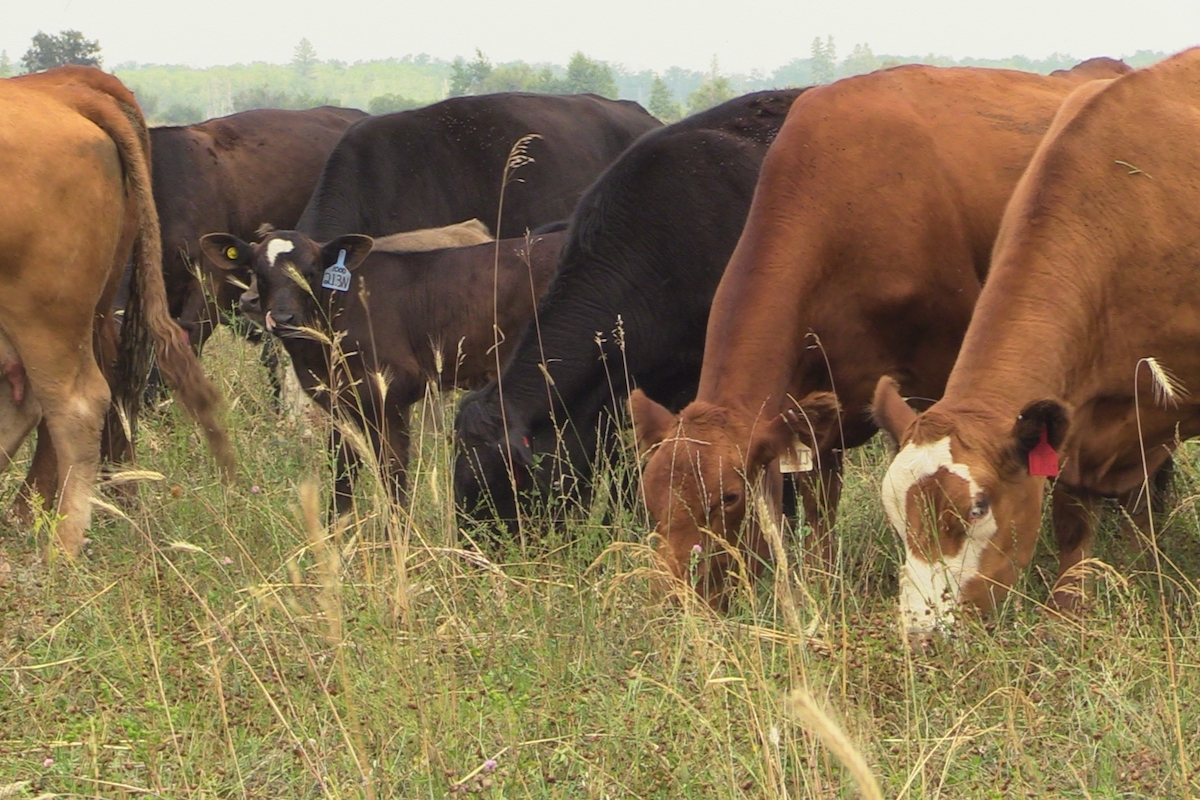
Beef industry weighs in on AAFC research cuts
The Canadian Cattle Association and Beef Cattle Research Council said cuts to federal research centres and programs will have long-term debilitating consequences for the beef industry.
Ritz reiterated that the XL plant at Brooks, east of Calgary, "will not be allowed to reopen until the president of the (CFIA) has confirmed, in writing to me, that it is safe."
The Globe and Mail early Thursday reported local radio ads and recorded messages were being used Wednesday evening to summon staff on Lakeside’s "A" shift to work for Thursday morning, handling carcasses which had previously been cleaned and cooled. Slaughter staff were not yet called back to work.
The Globe, however, reported online later Thursday that XL’s message had changed to say the processing workers instead "may be needed Friday."
Edmonton-based XL, in a separate release Thursday, said the company said it takes "full responsibility for our plant operations and the food it produces."
"We will only re-open the Brooks facility when the CFIA are completely satisfied that the health of Canadians is not at risk. We believed XL Foods was a leader in the beef processing industry with our food safety protocols, but we have now learned it was not enough."
XL, owned by Edmonton livestock marketing firm Nilsson Bros., said it’s now "doing everything we can to take the lead in an enhanced comprehensive food safety program for our plant."
Nilsson Bros. bought the Lakeside plant in 2009 from U.S. meat giant Tyson Foods.
The plant, XL said Thursday, "will reopen under intensified and enhanced testing protocols" — including, for the first time in a Canadian plant, video auditing, which is expected to "significantly inform our supervisory oversight."
Lakeside will also extend its "high-pressure, hot water wash intervention" in which sides of beef are washed with water heated to 185 F (85 C) to "eliminate any possible E. coli contamination" and step up its computer monitoring of the hot-water wash.
XL’s training program, meanwhile, "will be re-designed by third party experts." Also, "additional quality control personnel" will be placed on each shift with "primary duties to monitor all our sanitary dressing programs and practices."
When operations resume, the Lakeside plant — much like the Maple Leaf Foods deli meat plant in Toronto at the heart of a major listeriosis outbreak in 2008 — would start with "limited production runs with intensified testing protocols."
XL said it "will work collaboratively with the 48 CFIA inspectors who work at the XL Foods facility to ensure something like this never happens again."
"Firm threshold"
The E. coli recalls were the subject of a Wednesday debate in the House of Commons, in which opposition parties took the government to task for CFIA’s handling of problems at XL.
"How did the 46 Canadian Food Inspection Agency (CFIA) inspectors in the XL plant miss the evidence that would have prevented the outbreak?" interim Liberal leader Bob Rae said in the Commons. "Why doesn’t the CFIA have a firm threshold for when companies like XL Foods should divert or dispose of beef that tests positive for E. coli, something which could have prevented this outbreak?
"And why, in the wake of listeriosis, the implementation of all recommendations made in the Weatherhill report (following the 2008 listeriosis scare), and the government’s claim that they have hired more inspectors, did CFIA oversight fail so terribly?"
In related reports, an Edmonton man allegedly sickened by O157:H7 announced Tuesday he plans to launch a class action suit against XL.
Media reports said the man had hired Edmonton lawyer Richard Mallett of James H. Brown and Associates, who previously represented claimants relating to Maple Leaf’s listeriosis outbreak.
The Public Health Agency of Canada has reported four cases of O157:H7 illness in Alberta and one in Newfoundland and Labrador connected to the XL recalls. Saskatchewan, which reported an unseasonably high number of E. coli-related illnesses last month, is testing for any connections between those cases and XL.
Related stories:
CFIA inspectors cite delays getting tainted meat data, Oct. 3, 2012
Klassen: Buyers’ anxiety causes softer feeder cattle market, Oct. 2, 2012
CFIA yanks license for XL’s Brooks beef plant, Sept. 28, 2012
CORRECTION, Oct. 5, 2012: A previous version of this article stated the CFIA had reported five cases of E. coli-related illness in Alberta. According to PHAC, the five cases include one in Newfoundland and Labrador and four in Alberta. We regret the error.



